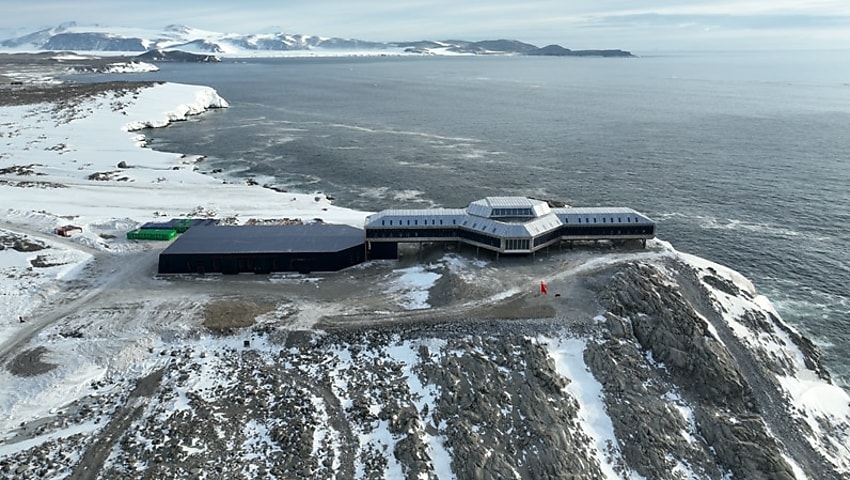The People’s Republic of China has officially opened Qinling Station, the country’s fifth research station in Antarctica and a potentially vital location for defence data tracking.
The Ross Sea scientific research station, overseeing the rock-strewn coast of Inexpressible Island, celebrated the competition of construction and start of operations this week, as well as a congratulatory letter from Chinese President Xi Jinping.
The Communist Party of China Central Committee General Secretary and Central Military Commission chairman said the station will provide better understanding, protection, and utilisation of polar regions to provide contributions for the benefit of humanity.
This year marks the 40th anniversary of China’s polar expedition and achievement of fruitful results from China’s polar research cause, he said.
The new site is expected to undertake scientific investigations and research and strengthen international exchanges and cooperation.
The country has already built four other research stations – Zhongshan, Taishan, Kunlun, and Great Wall – in the Antarctic from 1985 to 2014.
Washington-based think tank Center for Strategic and International Studies has previously theorised that the new research station will be able to cover a major early warning weakness for the People’s Republic of China.
Satellite ground station equipment at the site will be well situated to collect signals intelligence over Australia and New Zealand, as well as telemetry data on rockets launched from Australia’s new Arnhem Space Centre, CSIS said in a publicly released 2023 report.
PRC Ministry of Foreign Affairs Foreign Ministry spokesperson Wang Wenbin denied accusations that the new Qinling Station would be used to collect signals and telemetry data.
“As a consultative party to the Antarctic Treaty, China always makes sure that our activities are consistent with the stipulations of the Antarctic Treaty System,” he said during a regular press conference on 7 February.
“China’s new Antarctic station is built and operated in full compliance with international rules and procedures.
“The station will contribute to humanity’s scientific understanding of the Antarctic, provide a platform for joint scientific exploration and cooperation between China and other countries, and help advance peace and sustainable development in the region.”
There are 70 permanent bases in Antarctica and the personnel stationed there represent more than 29 countries, including the United States, Poland, New Zealand, Uruguay, Argentina, Russia, India, Australia, Brazil, Italy, France, Czech Republic, Chile, the United Kingdom, South Korea, Germany, South Africa, Japan, Norway, Ukraine, Finland, the Netherlands, Spain, Pakistan, Peru, Romania, Ecuador, Bulgaria, Sweden and Belarus.


